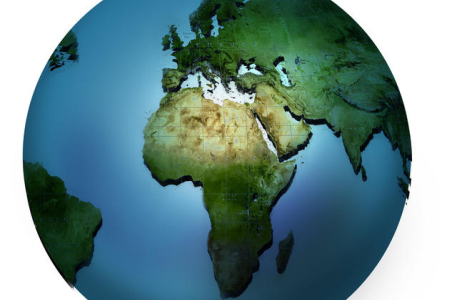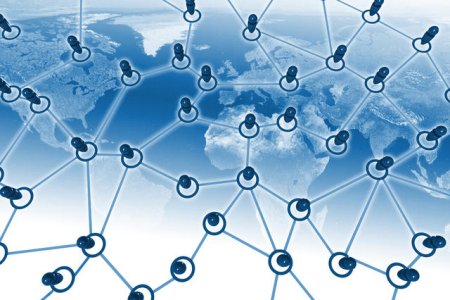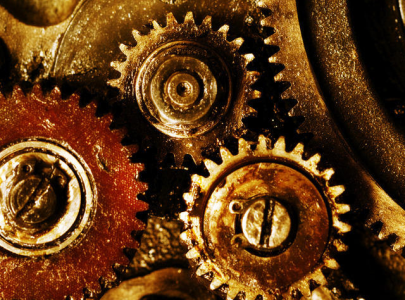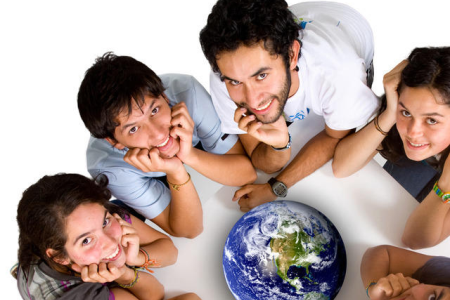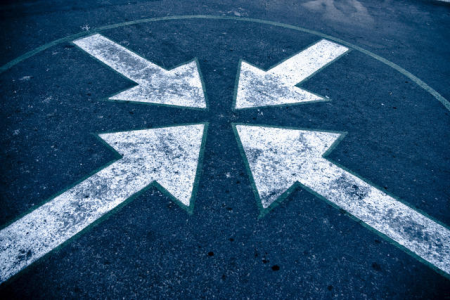
The fundamental characteristic of any creature is self-concern, which brings about competitiveness. Simultaneously, evolution locks self-serving creatures into a completely interdependent system, creating a potentially devastating paradox…
The Thing that Separates Man from the Rest of Nature
On the lower levels of desire—in Stages One through Three, or on the inanimate, vegetative and animate levels of Nature—Nature mends the ties by itself. In the process of evolution, the elements in Nature that follow the rule of yielding self-interest before the interest of their host system survive and form the basis for the next level in evolution. The ones that do not yield their self-interests perish.
Thus, gradually, Nature built the universe, galaxies, our solar system, and planet Earth. Then, layer by layer, life on Earth was formed.
As biologist Elisabet Sahtouris so eloquently explained, initially each new creature conducts itself selfishly, oblivious to the existence and needs of other creatures. But the struggle among the creatures forces them, as she put it, to “negotiate,” eventually leading to the creation of homeostasis—the stability necessary for the persistence of life.
The Strange Reason Why the Desire to Be Superior to Others Forces You to Connect
In this manner, life on Earth evolved stage by stage until at Stage four in the evolution of desires, Homo sapiens appeared. Initially, humans were just like all other creatures. Just as desires evolve in the whole of Nature, our desires, too, evolved stage by stage, from Zero through Four. In Stages Zero through Two, the desires for greed, control, and cognizance were not potent enough to separate us from nature to a point that threatens our existence. Like all other elements of Nature, we were forced to negotiate and accept the power of the elements as one of life’s necessities. However, history shows we were not quite as pliable and tolerant toward other humans.
But roughly since the 15th century, Stage Three took hold. Since then, cravings for self-expression and personal excellence have been growing in us and expanding exponentially.
There is a peculiar quality to the desires for recognition and personal distinction. Although these desires reflect a self- centered nature, since they aim to present the individual who possesses them as superior to others, they also compel those who have them to connect to others. This is so because to be superior to others, one must measure one’s qualities, achievements, efforts, and possessions compared to those of others. If I do not compare myself to others, over whom can I be superior?
Continue reading “To Be or Not to Be an Altruist”
